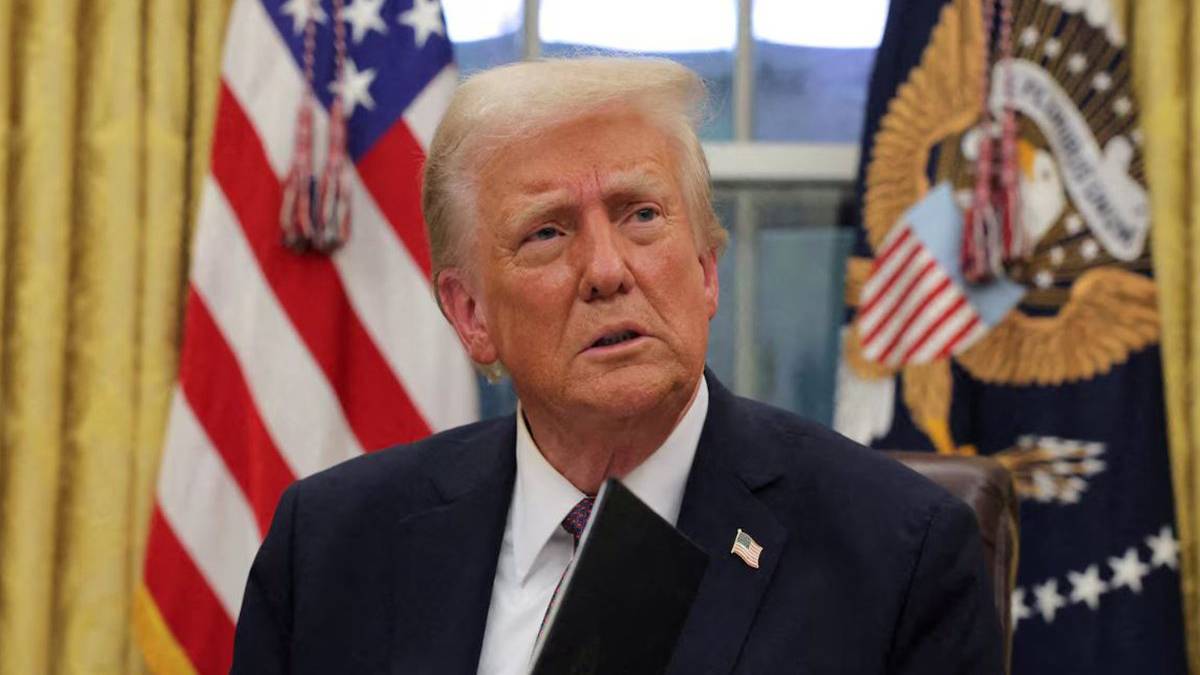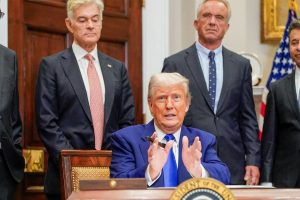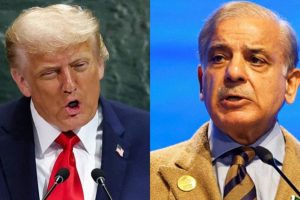In a sweeping move aimed at tightening immigration controls, US President Donald Trump has signed a presidential proclamation barring the entry of individuals from 12 countries and imposing partial restrictions on nationals from seven others. The decision, justified on grounds of national security and public safety, marks a continuation of Trump’s hardline immigration policy.
According to the White House, the full travel ban applies to individuals from Afghanistan, Myanmar (Burma), Chad, the Republic of the Congo, Equatorial Guinea, Eritrea, Haiti, Iran, Libya, Somalia, Sudan, and Yemen. Trump also announced limited entry restrictions for nationals of Burundi, Cuba, Laos, Sierra Leone, Togo, Turkmenistan, and Venezuela. These restrictions impact both immigrant and nonimmigrant visa categories.
Citing Executive Order 14161, Trump reiterated his administration’s stance: “It is the policy of the United States to protect its citizens from aliens who intend to commit terrorist attacks, threaten our national security, espouse hateful ideology, or exploit immigration laws for malevolent purposes.”
The order warns that visa applicants from countries with inadequate identity verification systems or limited cooperation with US authorities pose elevated risks. Trump stressed the need for rigorous vetting, particularly for immigrants seeking permanent residency, as they are harder to deport and hold more enduring rights than nonimmigrants.
“Lawful permanent residents are more difficult to remove than nonimmigrants, even after national security concerns arise,” Trump said, emphasizing that stricter policies are essential to prevent future threats and correct earlier administrative oversights.
The proclamation details the rationale behind each country’s inclusion. For instance, Afghanistan is cited for lacking a cooperative central government and appropriate screening mechanisms, while Myanmar (Burma) faces scrutiny due to high visa overstay rates—27.07% for B1/B2 visas and over 42% for student and exchange categories—as well as a history of non-cooperation in repatriating its nationals.
The move is expected to trigger legal and political challenges, as critics accuse the administration of reviving discriminatory immigration policies. However, the Trump administration maintains that the restrictions are tailored to national interest, citing precedent from his first term that the US Supreme Court upheld.
The proclamation asserts that restrictions are also aimed at compelling better cooperation from foreign governments, enforcing immigration laws, and advancing counterterrorism goals.





